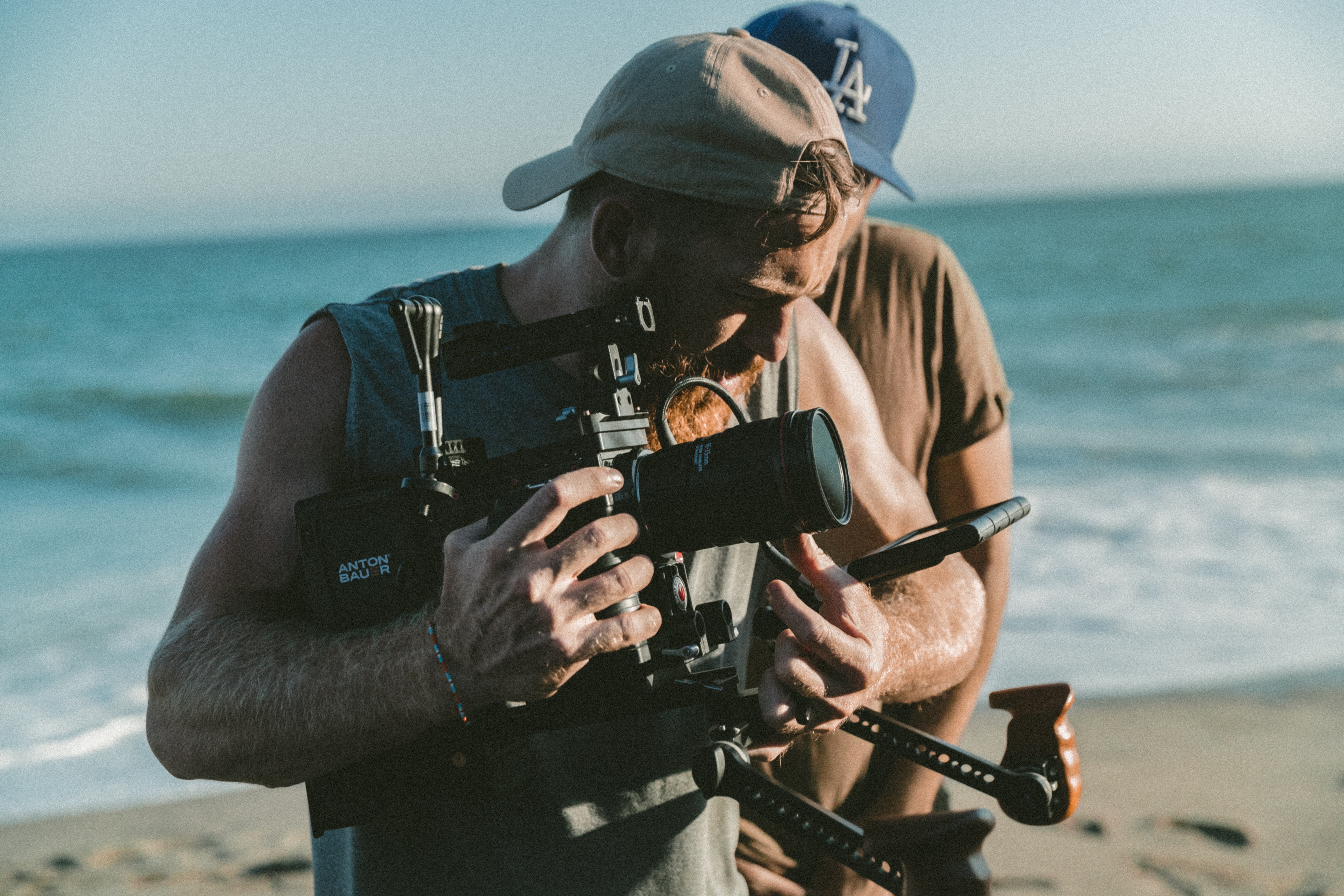Crowdfunding Film Projects in Australia
.jpg)
Securing funding for creative projects is a creative endeavour in and of itself. This is particularly salient in the film industry where the success of a project is inextricably linked to the availability of talented people and resources across all phases of production. Private investors and government agencies have been the traditional sources of funding for film projects in Australia. Access to those funds, however, poses unique challenges to emerging filmmakers. Whilst the transition from film stock to digital has made film making more accessible, it has also resulted in increased competition for increasingly limited funds. This has led film makers to embrace alternative sources of finance such as crowdfunding. Facilitated by the internet and social media, crowdfunding has emerged as a viable option for the financing of independent films in Australia.
Private funding remains the primary source of finance for the Australian film industry. Intrinsic to private funding are commercial expectations, appealing to the mass market, which can often take precedence over storytelling, creativity and risk taking. Independent film makers can turn to public funding for such niche work. A traditional option has been government funding through state film bodies and the national agency, Screen Australia. Screen Australia will fund film projects at three stages; development, production and distribution in addition to offering tax incentives. Applicants undergo a rigorous application process which can enhance the probability of critical and commercial success (Smith 2005). Government funding does have its drawbacks; application fees, onerous paperwork, competition for funds and preference for experienced teams are all barriers to nascent filmmakers. In addition, Screen Australia has a track record of being risk-averse in funding more niche and creative projects. The state bodies work in a similar way, each having their own requirements, constraints and prerequisites. For example, as of writing Film Victoria does not fund short films and requires commercial commitments from distributors.
So whilst access to private and government funding is increasingly prohibitive, crowdfunding has emerged as an alternative option for indie filmmakers.
'Crowdfunding is the practice of funding a project or venture by raising many small amounts of money from a large number of people, typically via the Internet.' - Pozible
Broadly, there are four main types of crowdfunding:
Reward - Where supporters receive tangible products, experiences or recognition
Equity - Offering supporters a stake in the future returns
Debt - Borrowing money from supporters
Donation - Receiving unconditional contributions from supporters
Crowdfunding platforms predominately use a reward model and take a percentage of funds raised as their platform fee (usually between 2% and 9%). One of the pioneers of crowdfunding, Kickstarter, has funded over 24,000 film projects worldwide with a success rate of 37% since its inception in 2009. Most successfully funded film projects on the platform have raised less than $10,000 USD but many have gone on to raise larger sums with 6 having raised in excess of $1 million USD .
Indiegogo is another rewards based site which has been around since 2008. It doesn't carry the brand recognition of Kickstarter but is available in many more countries (224). And although it charges a higher fee (5% to 9%), it's flexible listing rules (projects don't need to reach a funding goal to receive funds) and superior customer service can make it particularly accessible to indie filmmakers. After being rejected by Kickstarter, Gosnell Movie went on to raise $2.3 million on Indiegogo proving that there is no one size fits all when it comes to crowdfunding.
Whilst Kickstarter and Indiegogo are the behemoths of the crowdfunding world, other niche platforms are available which can be better suited to the Australian market. Melbourne based crowdfunding platform, Pozible, launched in 2010 and is geared towards creative projects. It's platform fees are between 3% and 5% and like the others runs a rewards-based model but also offers an equity option. In addition, Pozible distinguishes itself by assigning a campaign manager to help filmmakers launch and run their campaign. This may explain Pozible's higher success rate of 57%.
With film consumption moving beyond the movie theatre, crowdfunding platforms are also incorporating distribution features into their offering. One such crowdfunding site is the film-centric, Seed And Spark. Users of the site can subscribe and access a catalogue of films in addition to funding and supporting their own projects. Seed And Spark boasts a 75% success rate and charges a platform fee of 2%. The site accepts projects worldwide but at this stage requires a US bank account and social security number which may make it prohibitive Australian filmmakers. Nevertheless, distribution is an important consideration for any film equally so when opting for crowdfunding.
It is clear that crowdfunding in Australia is growing but still in its infancy compared to the United States. Private and government funding is still available and are viable options for more experienced teams willing to undertake the application process and present a thorough plan. For independent filmmakers starting out or wanting to explore a niche subject matter, crowdfunding sites may be the difference between getting a film made and having it sit on the shelf. Film makers might look at the options and conclude that crowdfunding is not only viable but preferred. Whilst crowdfunding may seem attractive, success is still largely dependent on the planning and preparation of the film makers and the pursuit of a funding model accordingly.